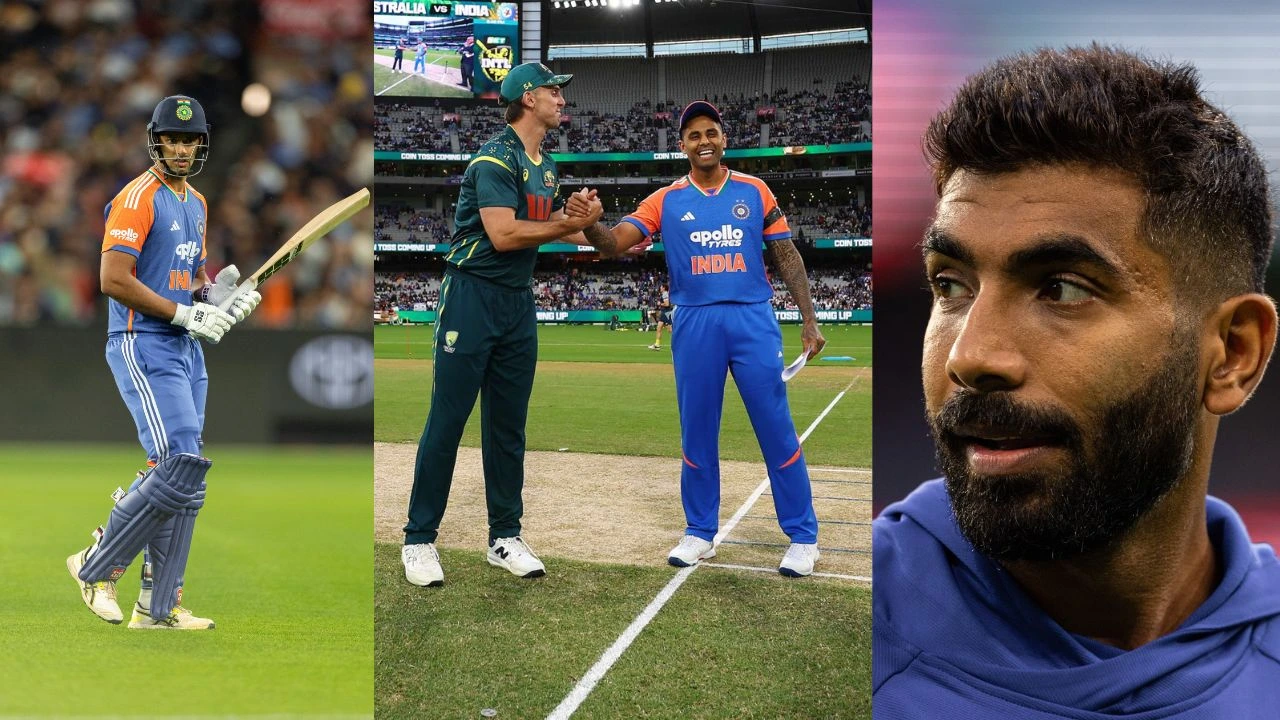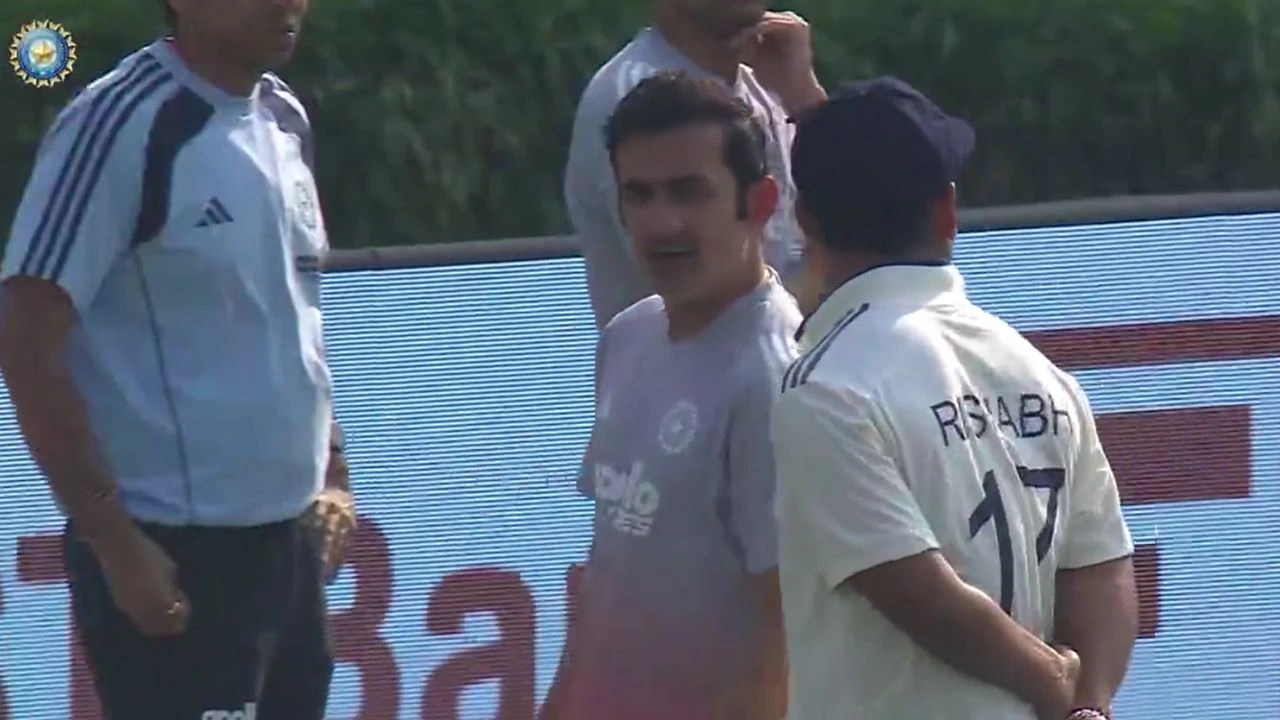Shivam Dube’s remarkable streak in T20 International cricket has officially come to an end, marking a significant moment in his career. Known for his explosive batting and ability to contribute effectively in the shorter format of the game, Dube had carved a niche for himself as a key player in the Indian squad. His recent performances had garnered much attention, showcasing his potential as a match-winner. However, during a crucial match at the Melbourne Cricket Ground (MCG), Dube faced challenges that ultimately led to the conclusion of his impressive run. The pressures of international cricket can be immense, and even the most talented players can encounter difficulties on the grand stage.
In addition to Dube’s struggles, the match at the MCG also saw prominent players like Jasprit Bumrah and Suryakumar Yadav facing their own set of challenges. Bumrah, known for his lethal bowling and ability to take wickets in critical moments, found it tough to maintain his usual level of performance against a determined opposition. His struggles were evident, as he failed to deliver the impactful spells that fans have come to expect from him. Similarly, Suryakumar Yadav, who has been a consistent performer in T20 cricket, was unable to find his rhythm in this match. This collective underperformance from key players raised concerns among fans and analysts regarding the team’s strategy and execution in high-pressure situations.
The match at the MCG served as a stark reminder of the unpredictability of T20 cricket, where fortunes can change rapidly. While individual performances often receive the spotlight, the outcome of a game can hinge on team dynamics and the ability to adapt under pressure. The Indian team will undoubtedly analyze the factors that contributed to this setback, aiming to regroup and bounce back in future encounters. As Dube, Bumrah, and Yadav reflect on this match, it will be essential for them to learn from the experience and identify ways to enhance their performance moving forward. The road ahead in international cricket is long, and overcoming challenges like these can often lead to greater resilience and success in the future.




